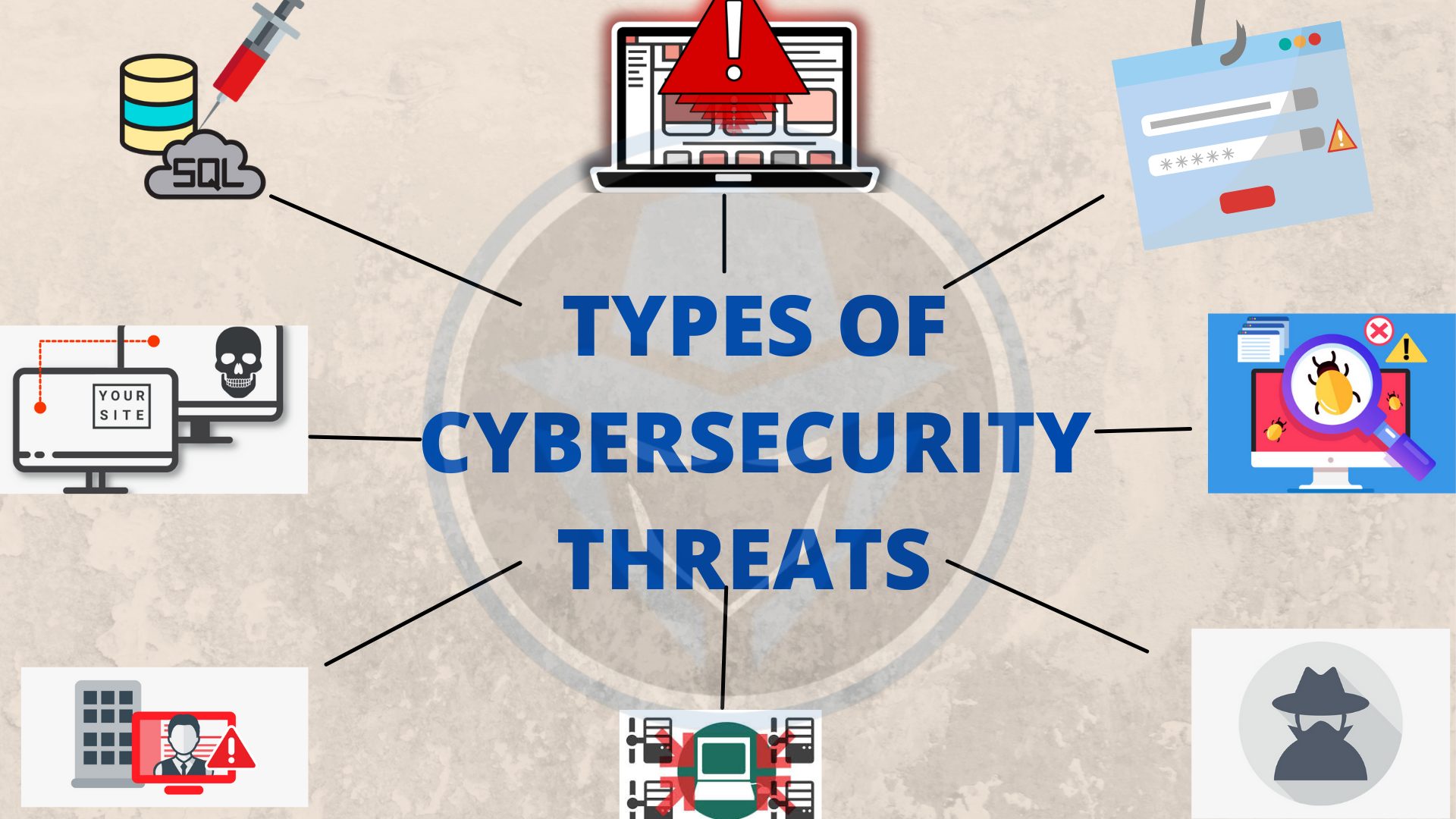In November 2021, a threat actor in the Iranian geopolitical network was discovered to have deployed two new targeted malware with “simple” backdoor functionality as part of an incursion into an unnamed government body in the Middle East.
Cybersecurity firm Mandiant attributed the attack to an uncategorized cluster it tracks as UNC3313, which it rates with “moderate certainty” associated with state-sponsored group MuddyWater.
“UNC3313 monitors and collects strategic information to support Iranian interests and decision-making,” said researchers Ryan Tomczyk, Emiel Hegebarth and Tufail Ahmed. “Guidance schemes and their associated decoys show a strong focus on targets with a geopolitical connection.”
In mid-January 2022, MuddyWater (aka Static Kitten, Seedworm, TEMP.Zagros or Mercury) was characterized by U.S. intelligence agencies as a subordinate element of Iran’s Ministry of Intelligence and Security (MOIS) that has been active since at least 2018 and is known to use a wide range of tools and methods in their activities.
The attacks were allegedly orchestrated using spear-phishing messages to gain initial access, followed by the use of offensive security tools and publicly available remote access software to move sideways and maintain medium access security.
The phishing emails were created for promotion and tricked several victims into clicking a URL to download a RAR archive file hosted on OneHub, paving the way for installing ScreenConnect, a legitimate remote access software, to gain a foothold.
“UNC3313 quickly established remote access using ScreenConnect to infiltrate systems within an hour of the initial compromise,” the researchers noted, adding that the security incident was quickly contained and resolved.
Subsequent stages of the attack included privilege escalation, performing internal reconnaissance on the target network, and executing obfuscated PowerShell commands to download additional tools and payloads to remote systems.
A previously undocumented backdoor called STARWHALE, a Windows script file (.WSF) that executes commands received from a hard-coded command and control (C2) server via HTTP, was also discovered.
The other implant delivered in the attack is GRAMDOOR, so named because it uses the Telegram API to communicate its network with an attacker-controlled server in an attempt to avoid detection, further emphasizing the use of communication tools to facilitate data theft.
The findings also align with a new joint council from the UK and US cybersecurity agencies that accuses the MuddyWater group of spy attacks targeting defense, local government, the oil and gas sector and telecommunications around the world.



